
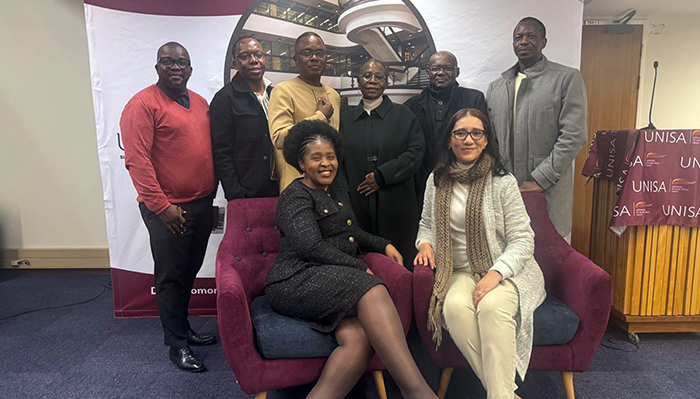
Back, from left: Collen Molefe, Dr Nicky Tjano, Tshepo Constable, Refilwe Phala, Dr Azwindine Tshivhase and Dr Daniel Mosako Front, from left: Dr Khomotso Marumo and Dr Janice de Wee
As artificial intelligence (AI) continues to reshape the way knowledge is created, accessed and disseminated, Unisa is taking bold steps to lead critical conversations on the future of copyright, authorship and the ethical use of information.
Through two key engagements, the AI Copyright Workshop held on 23 April 2025 and a follow-up panel discussion on 17 June 2025, Unisa Library and Information Services (LIS) brought together legal experts, librarians, academics and students to interrogate a pressing question: Should AI-generated content be protected under copyright law – and if so, how?
The April workshop, hosted in celebration of World Book and Copyright Day at the Muckleneuk Campus, opened with a powerful message from Unisa LIS Executive Director, Prof Mpho Ngoepe, who grounded the session in African wisdom.
"If you have never left your mother’s kitchen, you will think she is the best cook," he said, urging participants to broaden their intellectual worldview and rethink how knowledge is produced, shared and protected in the digital era.
The event featured a range of expert voices, including Moipone Motshoane, an LLM candidate, who voiced concerns about academic dependency on AI tools.
"Total reliance on AI-generated work is an academic assault. It erodes the foundation of critical thinking," she said.
International guest speaker Gemma Robison, a Microsoft-certified AI specialist, joined virtually to highlight challenges with traditional plagiarism detection systems. She described a case in which a student was falsely flagged for AI-assisted plagiarism due to system limitations. "We need better tools," she said. "AI transparency statements and oral defences can help us evaluate work more fairly."
Adding a legal lens, Advocate JAD Peijper, Unisa’s Director of Legal Services, offered reassurance that existing frameworks can adapt to technological change, if guided by ethical use. "AI isn’t the monster in the room," he contended. "It’s a tool – like a typewriter or a camera. The real question is how we use it."
The June panel took the conversation further, focusing on the legal and policy implications of protecting AI-generated content. It also responded to a significant court ruling that required the urgent inclusion of a new copyright provision ensuring people with disabilities can access published materials in alternative formats without prior permission.
Denise Nicholson, a copyright expert and advocate for open access, hailed the ruling as a step toward inclusive education, but cautioned that major gaps remain in how AI-generated works are treated. "AI content," she said, "still lives in a legal grey zone. Only human-created works enjoy protection, and that creates both risk and uncertainty."
Dr Daniel Mosako, Chair of the Department of Art and Music in the School of Arts, raised fundamental questions about ownership: "When machines produce content based on human data, who owns it? The developer? The platform? The user? These are urgent legal and ethical challenges."
The panel also examined the concept of fair use, which allows limited reproduction of copyrighted material without permission for purposes like education, research or critique. While widely adopted elsewhere, current local practice follows a narrower "fair dealing" model.
Dr Azwindine Tshivhase, Executive Director of Academic Planning at Unisa, called for a more inclusive definition of fairness. "What’s fair to an institution might be exploitative to an individual creator. Policy must reflect the realities of both sides."
In a world where AI shapes how users find and engage with knowledge, the role of libraries is evolving. Refilwe Phala, a research librarian and contributor to Unisa’s AI policy, emphasised that libraries must now act as ethical intermediaries, educating users not just on how to access information, but how to use it responsibly.
"It’s not enough to provide content," she said. "We must teach students where data comes from, how to cite it, and how to evaluate AI-generated information."
She also raised concerns about AI tools developed in foreign jurisdictions and trained on biased or incomplete datasets, saying, "If these tools don’t reflect our cultural and intellectual diversity, we risk importing bias and losing our local voices."
Both the April workshop and June panel underscored a common theme: while the promise of AI is real, its ethical and legal integration must be deliberate, inclusive and grounded in human values.
As policy and legal reform efforts continue, Unisa is consolidating insights from both events into a forthcoming position paper to help guide future strategies across education, research, and creative sectors. "This is not just a legal or technological issue," said Dr Nicky Tjano, Acting Director of Teaching and Learning and moderator of the June event. "It is about protecting dignity and creativity in an evolving digital world."
* By Itumeleng Mpete, Marketing Coordinator, Library and Information Services
Publish date: 2025-07-21 00:00:00.0
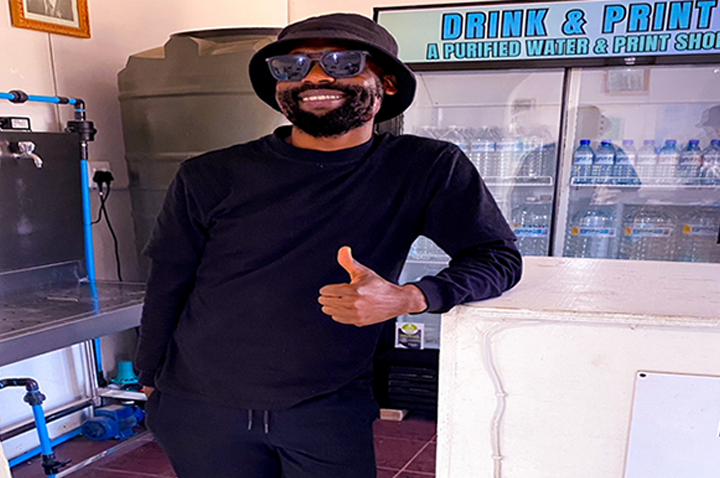 Unisa studentpreneur triumphs at the 2025 EDHE Intervarsity Competition
Unisa studentpreneur triumphs at the 2025 EDHE Intervarsity Competition
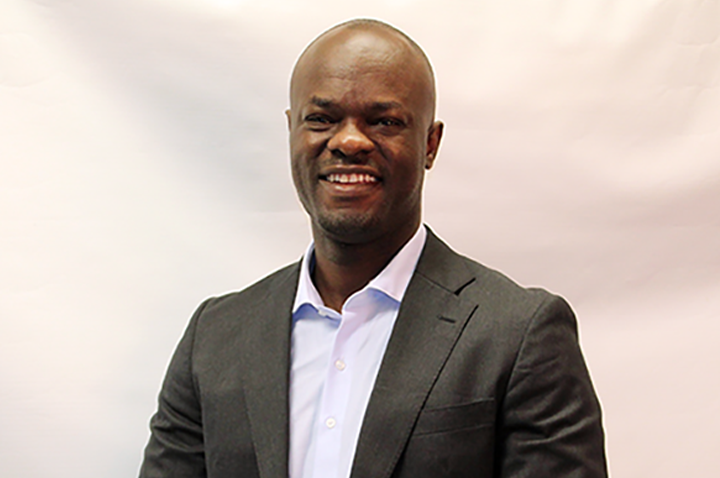 Distinguished scholar awarded prestigious Royal Society Wolfson Visiting Fellowship
Distinguished scholar awarded prestigious Royal Society Wolfson Visiting Fellowship
 The 2026 Decoloniality Summer School opens a new chapter in transforming the classroom
The 2026 Decoloniality Summer School opens a new chapter in transforming the classroom
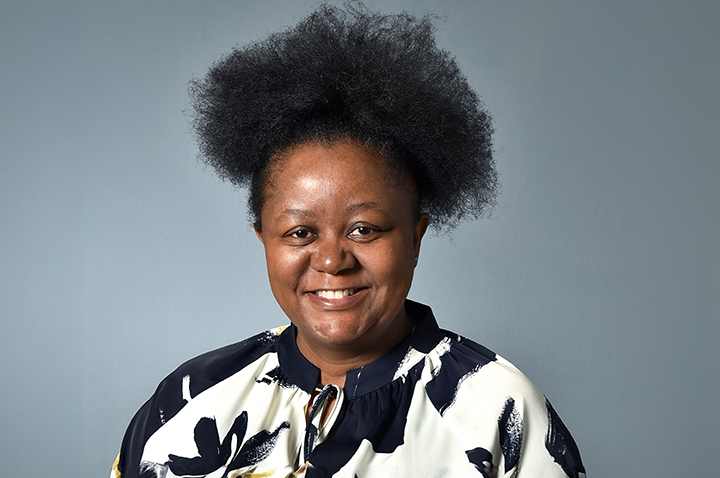 Renowned Unisa Professor Mazibuko to serve on the National Dialogue Steering Committee
Renowned Unisa Professor Mazibuko to serve on the National Dialogue Steering Committee
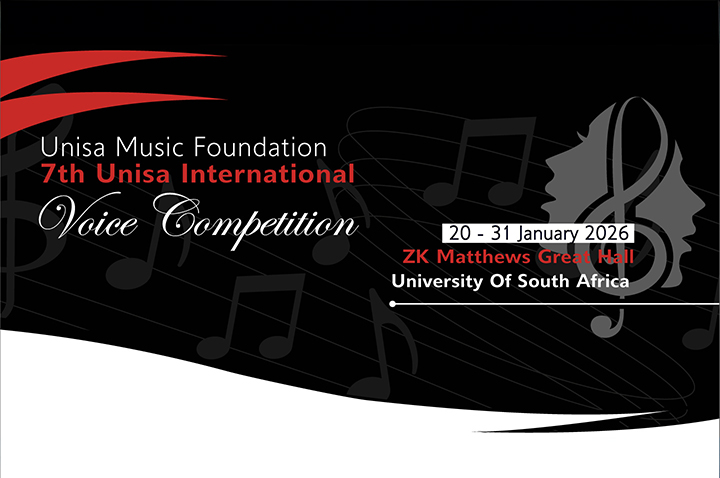 The 7th Unisa International Voice Competition promises an electrifying music experience
The 7th Unisa International Voice Competition promises an electrifying music experience